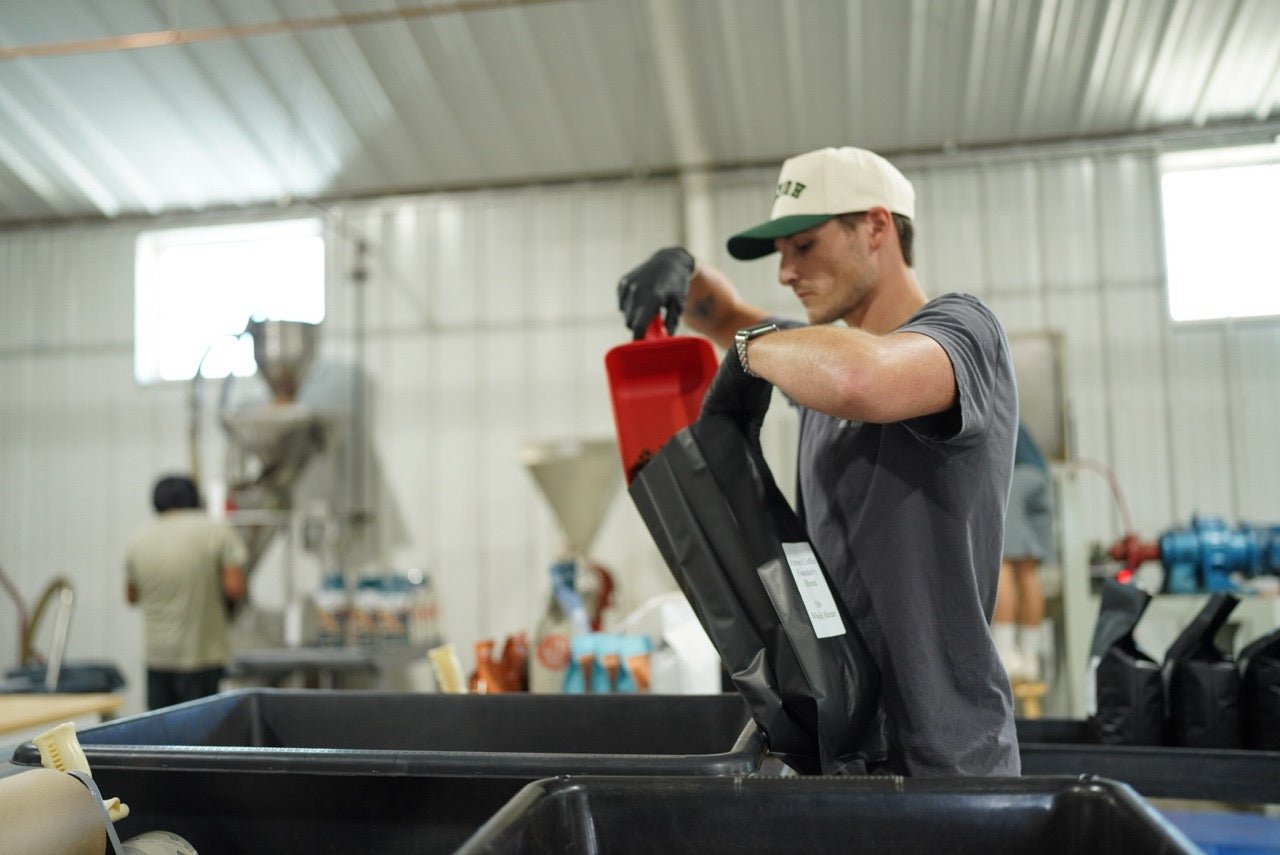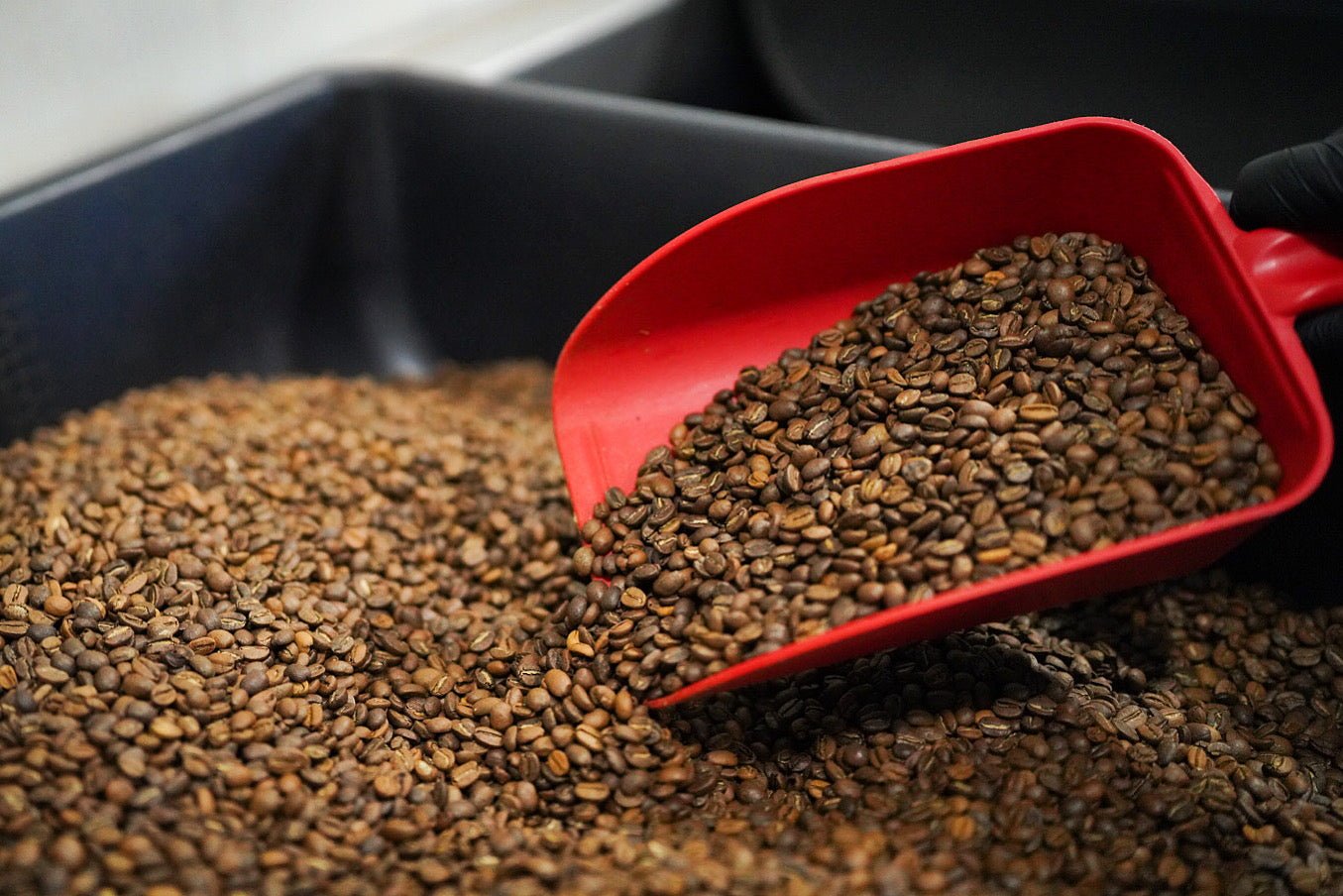Arabica = Flavor
At US Roast, all of our coffee is 100% Arabica. But why should that matter?
Well in real estate, they say that location, location, and location, are the top three reasons that should drive your home purchase. For coffee, we would have to say that it is flavor, flavor, and flavor. Roasting the most delicious coffee that has the best flavor is the reason we exist. If it does not taste good, why would you drink it? That being said, a little background on Arabica, and its cousin, Robusta is in order. We hope that after reading this that you come to see why we only use 100% Arabica despite the higher cost.
For starters, Arabica and Robusta are the two most commercially available coffees in the world. Although there are over a hundred different species of coffee, these two make up 99% of retail coffee, with Arabica making up about 75% of the market, and Robusta the other 25%. Here are some other facts that you may find interesting below;
Is Crema worth it?
From a taste perspective, Arabica and Robusta are almost on opposite ends of the spectrum and have a radically different flavor profile. As for taste, Robusta has been described as tasting “rubbery” or having a “burnt tire” smell. That in itself should be enough to make someone want to stay clear of Robusta, but some roasters still use Robusta in their blends in order to bring the cost of their coffee down and increase their profits since Arabica can be twice as expensive as Robusta.
Also, some roasters will add Robusta to their espresso blends, especially Italian style espresso blends, as they tend to create more “crema”, or frothy cream. While crema is pretty, the flavor trade off is just not worth including in an espresso blend in our opinion.
Robusta means more caffeine and bitterness
Another reason Robusta’s flavor suffers is that it has some organic compounds that make it hardier and more pest resistant, but which impart some negative flavor characteristics. These organic compounds are present in very small amounts in Arabica. Contributing to that negative flavor is the fact that Robusta also has more caffeine when compared to Arabica. This may sound great if you are looking for a rush, but caffeine carries a bitter taste which can make drinking coffee a bit unpleasant. In fact Robusta can have over 3% caffeine content, while Arabica can have up 1.5% caffeine content.
Arabica on the other hand has a wide range of flavor descriptions attributed to it and can be described as having anything from a nutty or chocolate flavor for some of the Central American single origins, to a wild berry or citrus flavor characteristic for some of the African single origins, like Ethiopia or Kenya.
How can these beans taste so different?
Well, one of the main reasons besides growing conditions, is higher sugar and lipid content in Arabica beans. Arabica beans will contain almost 60% more lipids and almost twice the sugar content of Robusta beans. Without getting into a lot of scientific mumbo jumbo, let’s just say that more naturally occurring sugars and lipids make for a more complex and flavorful cup of coffee.
Well as far as we are concerned, and we hope you agree, coffee should be all about how good it tastes, and the pleasure one derives from drinking a delicious cup. Whether you like a single origin coffee for the distinct flavors imparted to a particular coffee bean of a country or region, or prefer a blend that brings out a synergy between several different countries' single origins, Arabica is distinctly superior if you want the best tasting coffee. Sure, it is more expensive to grow and manage Arabica crops and therefore the coffee is more expensive, but life's too short to drink cheap coffee! So, drink up, we'll roast some more!



